Most-viewed articles of 2013
This is a list of the ten stories that most caught our readers’ attention this year.
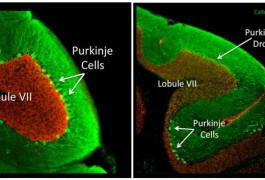
This is a list of the ten stories that most caught our readers’ attention this year.

A large new project aims to link specialized psychiatric units across the U.S. to investigate the causes and best treatment for autism’s most severe and challenging cases.
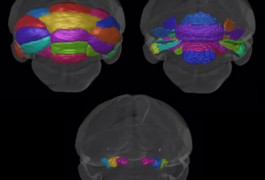
By creating an atlas of 39 different areas in the mouse cerebellum, researchers have highlighted differences in this region in three mouse models of autism, they reported 22 October in Autism Research.

Synesthesia, a condition in which people mix up different types of sensory stimuli, is nearly three times as common in adults with autism as in the general population, reports a study published 20 November in Molecular Autism.
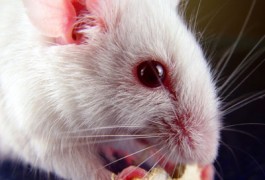
Mice with a duplication of SHANK3, a gene with strong links to autism, are hyperactive and manic, reports a study published 7 November in Nature.

Taking antidepressants while pregnant doesn’t boost the risk of autism in the child, according to the largest study yet to search for a link, published 15 November in Clinical Epidemiology. However, the subgroup analyses that question the connection are based on numbers too small to draw a firm conclusion, experts say.

Intelligence quotients and education levels are not as important for people with autism when it comes to life satisfaction and the ability to live independently, says Emily Willingham.
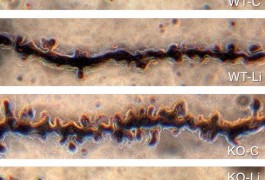
Lithium and other drugs that inhibit a key enzyme called GSK-3 reverse cognitive deficits in a mouse model of fragile X syndrome, according to a pair of studies published in August and September.

Oxytocin, the infamous ‘love hormone,’ may attune the brains of people with autism to respond to social information such as facial expressions, researchers reported 2 December in the Proceedings of the National Academy of Sciences. The study boosts oxytocin’s promise for treating the social deficits seen in autism.
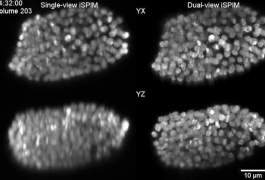
Researchers have developed a new way to perform high-resolution microscopy in a moving, changing organism, they reported in November in Nature Biotechnology. They used the method to follow the development of a live embryo and its brain.